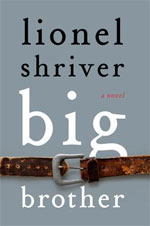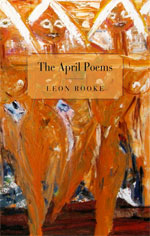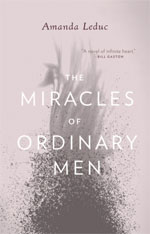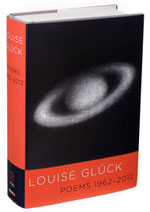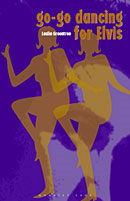Update: October, 1970 remains in contention as a Top 10 pick for Canada Reads 2014.
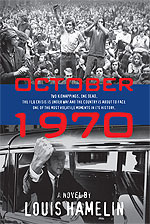
“There is no doubt fiction makes a better job of the truth.”
Doris Lessing, Under My Skin
For its latest foray into rallying all Canadians around one compelling book, CBC’s Canada Reads recently kicked off the discussion for its 2014 literary tournament with the question, “What is the one novel that could change Canada?” and then elaborated:
We want the final contenders to be great stories, but we also want them to address the issues facing Canada today. In these times of political change, economic uncertainty and civil upheaval around the world, what’s the one book we can look to for inspiration? That will compel Canadians to make a change in their lives, whether it’s at home or work, in their community, in their country or around the world? Perhaps Canada needs a novel to inspire compassion, humour, political engagement, environmental awareness, insight into the lives of First Nations, or a new lexicon for mental illness?
We want you to recommend the novels that have this power.
I was delighted to be asked to offer a recommendation and here’s how I responded:
Change is best ignited by first understanding pivotal moments of social upheaval, the layers and complexities of how they came to be, and how we as individuals and as a nation responded. What better piece of recent history to consider than the October Crisis, reimagined in vivid fictional form in October 1970 (translated by Wayne Grady from the French novel La Constellation du Lynx by Louis Hamelin). The retelling of the series of events in Quebec that culminated in domestic terrorism, kidnappings, murder and Canada’s only peacetime invocation of the War Measures Act is compelling unto itself. Adding a spirited cast of characters gives voice to the maelstrom of conflicting social and political aspirations and agendas that collided so violently at that time. Expanding the story in this fashion also allows room to examine how that clash of societal, governmental, civil and other forces translates into personal challenges, dilemmas or opportunities. Through the lens of what came before and how it succeeded or failed, we can evaluate social change that probably still needs to happen or at least continue to evolve today.
In terms of subject matter, scope and approach, October 1970 is not for the faint of heart. It’s a sprawling, prickly, often violent amalgam of political and social history and commentary, police procedural, action thriller and murder mystery, with great dollops of intellectual, faux intellectual and ribald meanderings along the way. It fascinates and infuriates with its rollicking cast of characters, many with satirical monikers, that even a list at the front of the book doesn’t keep fully sorted out. The book is saturated with vibrant animal imagery from beginning to end, largely depicting or connoting the harsh but sometimes ambiguous hierarchy of predators and prey.
The book rewards the dedicated reader though, with a denouement boiled down suspensefully to a true page turner, particularly surprising since we all already know the ending. But no matter where we were, how old we were (I was 10 years old, perhaps precociously followed what I could on TV and in the newspaper, and was utterly bewildered and terrified), how much we comprehended of what was going on and where we stood politically and philosophically, this fictional interpretation offers some plausible explanations for troubling holes in the story. The story can still shock and reveal new, startling details in this retelling and rendering, more than 40 years later.
If this sounds like a book that fits the latest Canada Reads call to action, you can still vote for it among up to 10 titles until 11:59 p.m. ET on Sunday November 3rd. Vote here. If the time has passed and/or you’re not inclined to getting gladiatorial with your reading, this admittedly thorny book is still worth your consideration.
See also:
Read October: As the only Quebec novel on the Giller Prize longlist, Louis Hamelin’s take on the FLQ crisis is unsettling
by Noah Richler
National Post
October 10, 2013
Get to know the Top 40: 6 Books that will change your perspective on Canada
CBC Books


